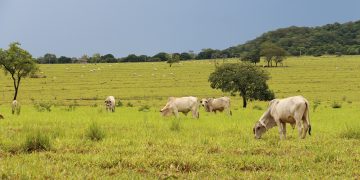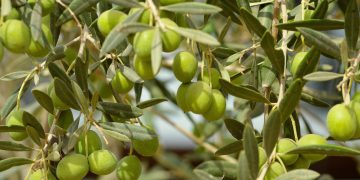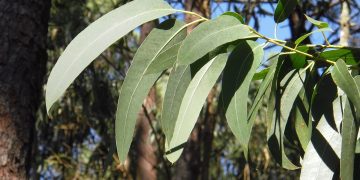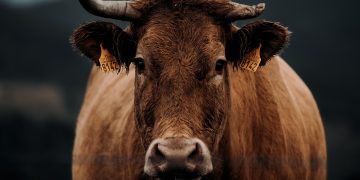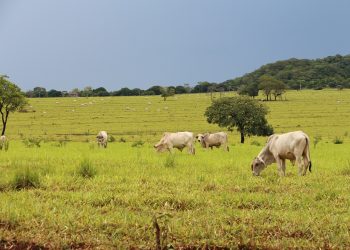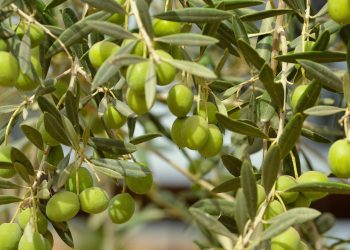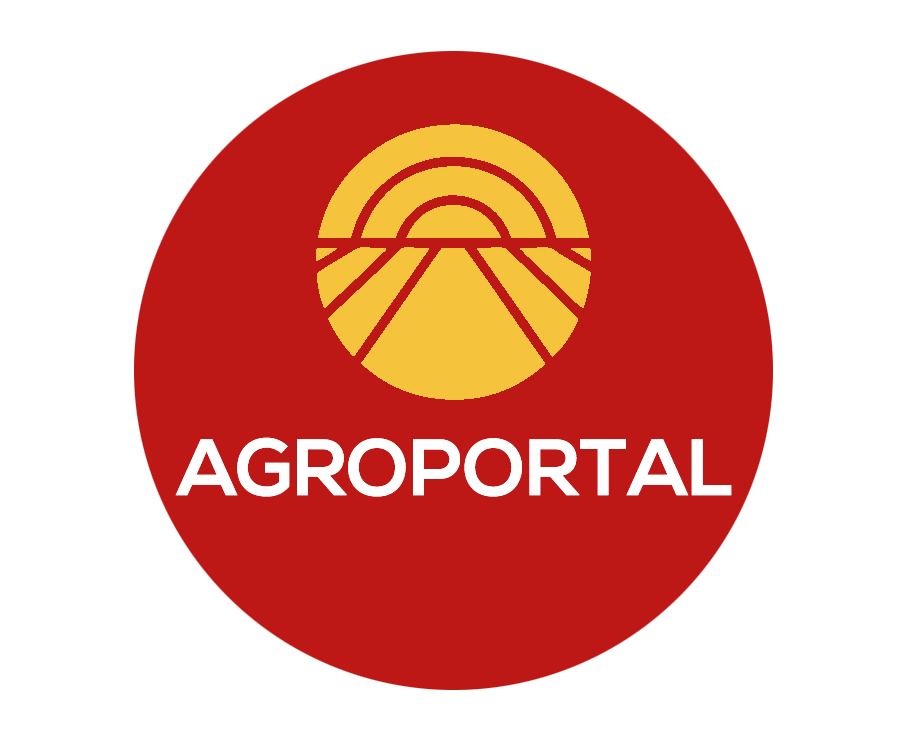Towards the end of 2022, with many people busy coming up with New Year’s resolutions, Beatrice Ndanu had only one thing on her mind: move from Athi River town to Kabete.
Athi River town is about 30 kilometers east of Kenya’s capital Nairobi, while Kabete is 20 or so kilometers to the west.
The decision to move had nothing to do with direction. Ndanu moved because of the trees.
“I just needed a cooler environment and space with cleaner and fresher air,” she says.
Even so, her decision could easily be interpreted as drastic.
Linda Ogallo, a climate change scientist, understands exactly why one could make such a decision.
“It is a lot more comfortable for human beings living where there are plenty of trees. Such places are usually cooler and the air cleaner,” she says.
Trees act as carbon sinks: they absorb carbon dioxide from the air. This, Ogallo — who works at IGAD Climate Prediction and Application Centre (ICPAC) — says, slows down climate change.
When Kenya gained independence from British rule in 1963, the country’s tree cover was estimated at more than 10 percent.
Global warming occurs when carbon dioxide and other air pollutants collect in the atmosphere and absorb solar heat bouncing off the earth.
Between 1880 — the year accurate record-keeping began — and 1980, the annual global temperature rose by 0.07 degrees Celsius every 10 years.
The rate of warming, notes Ogallo, is accelerating. Nine of the 10 warmest years since 1880 have occurred from 2005.
The impact of global warming is already being felt around the world.
In October 2022, Daniel Kupay was a distraught man. Kupay is from Kenya’s Kajiado County and is among pastoralists who lost hundreds of cattle due to drought.
“Our lives have stopped,” he said. “Now, all we do is wait for the animals to drop dead and we move them to the thickets.”
Zachary Anyona, a tea farmer in Kisii County, also took note of a dip in production following long periods without rainfall.
“We depend on the rain to grow crops. Production goes down during the years when rains fail, which is what happened in 2022,” Anyona says.
Another farmer, Purity Kinoti, from Laikipia, has had to grow early-maturing maize varieties to feed her family.
“Trees are important in the hydrological cycle. Transpiration from trees leads to precipitation which comes back as rainfall. The majority of Kenyan farming is rain-fed. Prolonged drought has made us food insecure,” says Ogallo.
Climate experts have warned that the human race has to limit global warming to 1.5 degrees Celsius or face catastrophic weather events.
“Trees are good for the environment. They are not only carbon sinks: they also improve soil properties as well as fertility, for the benefit of farmers.”
“The talk on Net Zero is basically about that: making sure that all carbon we are releasing into the environment is taken up from the environment.
“Carbon dioxide is a critical greenhouse gas. When its concentration is reduced from the atmosphere less heat is trapped,” says Ogallo.
Trees, Ogallo explains, are ‘the perfect’ carbon sinks. While all plants take up carbon dioxide, trees are bigger and as such take up more carbon dioxide.
When Kenya gained independence from British rule in 1963, the country’s tree cover was estimated at more than 10 percent.
By 2009, tree cover had dropped to six percent and some experts blamed that on charcoal burning, timber production, agriculture expansion, and urbanization.
There has been a slight improvement. Today, Kenya has a forest cover of 7.4 percent. The Constitution advocates for a 10 percent cover.
Kenya’s young environmentalist, Elizabeth Wathuti, conducts frequent tree planting exercises through her organization Green Generation Initiative.
“Trees are good for the environment. They are not only carbon sinks: they also improve soil properties as well as fertility, for the benefit of farmers.”
Another environmentalist, Dr Isaac Kalua, has explained that there is an economic benefit — both at a personal level and generally for society — associated with adequate tree cover.
“I suggest that ordinary Kenyans set aside a portion of their land and plant fruit trees on it. Not only will you be playing your part in Kenya’s afforestation efforts, but you will also be investing in your future,” Kalua writes on his website.
Peter Gachie, a researcher at Kenya Forestry Research Institute (KEFRI), says that trees are not just sinks for carbon but other toxic chemicals as well.
“Some trees — bamboos are good examples — are very good at absorbing toxic chemicals from rivers. The result is cleaner water and environment,” he says.
He adds that trees contribute to human health. “Trees serve as a filter for dust, and absorb pollutants from the air.”
“Trees are good for farmers as well as humans who want clean air. They are good for the climate: they protect us, and other forms of life, from extreme weather events.”
In a much more direct way, he says, some trees have medicinal value. Such trees have been used to treat human beings for thousands of years.
At least 50, 000 species of plants — trees included — have been used to extract medicine meant for use by humans.
A study published in Frontiers in Veterinary Science suggests that the destruction of natural forests heightened outbreaks of epidemics.
The paper states that epidemics are likely to increase as biodiversity declines.
Serge Morand, one of the authors of the study said: “The message from this study is ‘don’t forget the forest’.”
Anyone planting a tree, says Ogallo, is contributing to the wellness of the planet.
“The benefits are many. Trees are good for farmers as well as humans who want clean air. They are good for the climate: they protect us, and other forms of life, from extreme weather events,” she says.
O artigo foi publicado originalmente em Cornell Alliance for Science.

